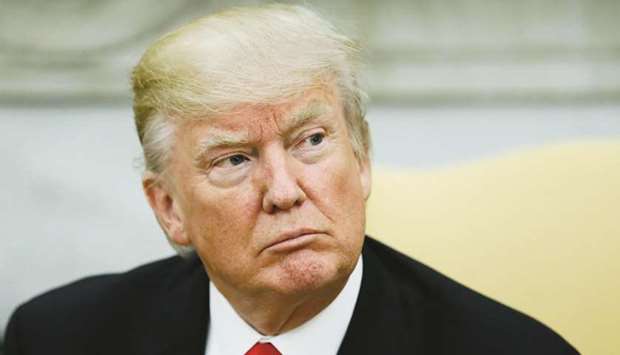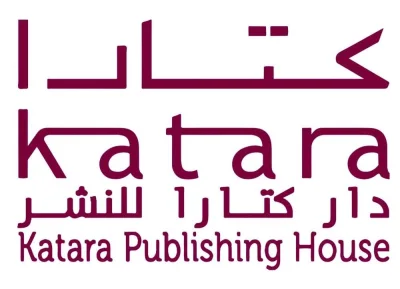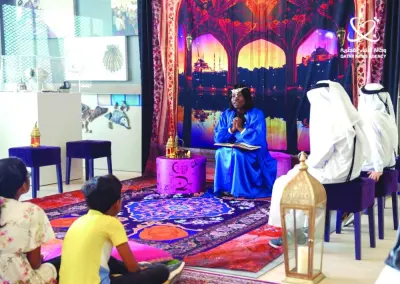The Elysee Palace and the White House yesterday both confirmed that Trump had accepted the French president’s invitation.
The two leaders, who both took office this year, have until now had an apparently fraught relationship.
Liberal centrist Macron repeatedly criticised right-wing populist Trump during his election campaign and has strongly opposed his decision to pull out of the Paris climate agreements.
This year’s national day ceremony will also commemorate the 100th anniversary of the US entry into World War I on France’s side.
American soldiers will take part in the parade “alongside their French brothers in arms” to mark the occasion, the Elysee said.
“President Trump looks forward to reaffirming America’s strong ties of friendship with France,” the White House said.
“The two leaders will further build on the strong counter-terrorism co-operation and economic partnership between the two countries, and they will discuss many other issues of mutual concern,” it added. Trump and Macron previously met at the back-to-back Nato and G7 summits in Brussels and Sicily in May.
Their first encounter, for a working lunch at the Nato summit, was a “good, warm and open” discussion, Macron said, but it was also marked by what appeared to be a particularly ferocious handshake. Photos showed both leaders’ knuckles going white.
Macron later told newspaper Le Journal de Dimanche that there was “nothing innocent” about his handshake with Trump, who has become notorious for his assertive approach to the greeting.
“You have to show that you will not make any small concessions, even symbolic ones, but without making a media show of it either,” Macron said.
The French president has been particularly trenchant on Trump’s decision to pull the US out of the Paris agreement on minimising climate change.
In an unprecedented English-language address from the Elysee, Macron responded by inviting disenchanted US climate specialists and scientists to come to work in France.
He also took to Twitter, Trump’s own favourite medium, to proclaim “Make our planet great again” — a reworking of Trump’s “Make America great again” slogan.
French foreign policy expert Manuel Lafont Rapnouil, of the European Council on Foreign Relations, said the Bastille Day invitation was “striking” but not surprising.
Even though the topic of climate change has highlighted the differences between Macron and Trump, he said, “in broader terms there is a desire to work together”.
Lafont Rapnouil noted that Macron had already received Russian President Vladimir Putin in Versailles, in line with his vision of France as a country that can talk to all parties.
Terrorism and other international security issues are high on the agenda for both Trump and Macron, Lafont Rapnouil said, noting that in a phone conversation on Tuesday they had discussed possible joint action in response to any further use of chemical weapons in Syria: “So Macron and Trump are ready to do things together.”
President Macron’s cabinet yesterday approved his ambitious plans to relax the country’s rigid labour laws, the main plank of his bid to bring down stubbornly high unemployment.
Macron, a liberal who won the presidency on a promise to get France back to work, wants to move quickly to inject flexibility into the labour market while still enjoying a honeymoon with voters. Yesterday, Labour Minister Muriel Penicaud unveiled a bill allowing the government to change the labour code using executive orders, to avoid the reforms becoming bogged down in parliament.



